About Teen Mental Health: Q&A with Dr. Raquel Katangian-Ayala
October 12, 2018
Maryam Shama: What is the main cause of mental health issues among teenagers?
Dr. Raquel Katangian-Ayala: I would say we see a lot of anxiety and depression. Also identity, so social identity, even stemming from bullying at school.
MS: What are the main aspects of a teenager’s daily lifestyle that contribute to mental health issues?
RK: It could be academic stressors, stressors at home with parents, stressors with other teenagers in terms of relationships or bullying. I can also say maybe substance use.
MS: What steps are being taken or can be taken to help solve these issues?
RK: We offer evidence-based therapy, so that’s either individual or here at the facility; we have what’s called an intensive outpatient program, which is group therapy with a bunch of teens to talk about things and learn healthy coping skills and to regulate our emotions more effectively. There’s also opportunities for medication if needed.
MS: What has been the success rate of the programs offered? (in terms of helping the patients)
RK: It is hard to track just because of self-reliability, and so we don’t know if it’s very accurate. We do see people staying in our program for about I would say six-to-ten weeks, and that means that they’re able to no longer need our services, and they can just return back to school and return back to kind of their normal schedule.
MS: What tips do you have for stressed or struggling high school students, or just high school students in general to help maintain balance in their lifestyles?
RK: I would say to utilize some deep breathing techniques to help calm yourself when you’re feeling anxious, journaling, engaging in healthy social activities to stay busy, just always talking to anybody if you’re ever feeling down or depressed or anxious and knowing that there’s always a lot of resources available
MS: What are steps a peer could take to help a friend struggling with a mental health issue?
RK: Encourage them to talk to an adult, or have that peer go talk to an adult so that they could be linked with the good services. And then I would say also just listening.
MS: At what point should a struggling student seek professional help?
RK: If they’re engaging in any self-harm behavior, or if they feel like they’re struggling with a lot of anxiety or whatever they’re dealing with is too overwhelming, and they’re not focusing in school or maybe they’re just feeling really alone.
MS: What would you consider is pushing “too-far” in terms of student capabilities?
RK: It’s hard to say because I think every teenager is different, and we all handle stress so differently, and some people work better when they’re more busy, other people need more downtime. I think really just getting to know your limits or your fellow peers’ limits and perfecting that. So if you could handle two AP classes but when you’re in three you feel more overwhelmed, then maybe go back to two, or if being in any AP class is overwhelming and stressful then maybe just taking the regular curriculum would be the best route to go.
MS: What general tips do you have for students?
RK: I would say that mental health issues can happen at any time and that when you notice it, I encourage you to seek help at the earliest time possible and that it’s something that the majority of people experience, and you’re not alone.



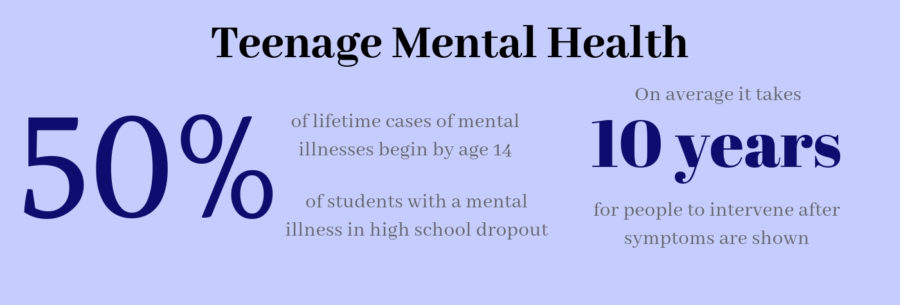
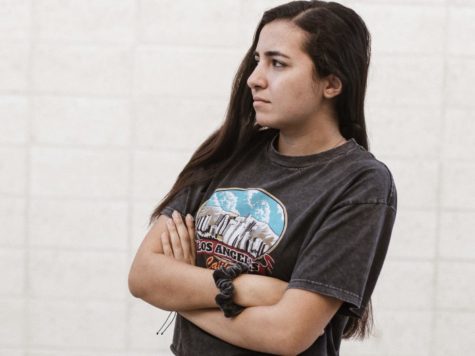
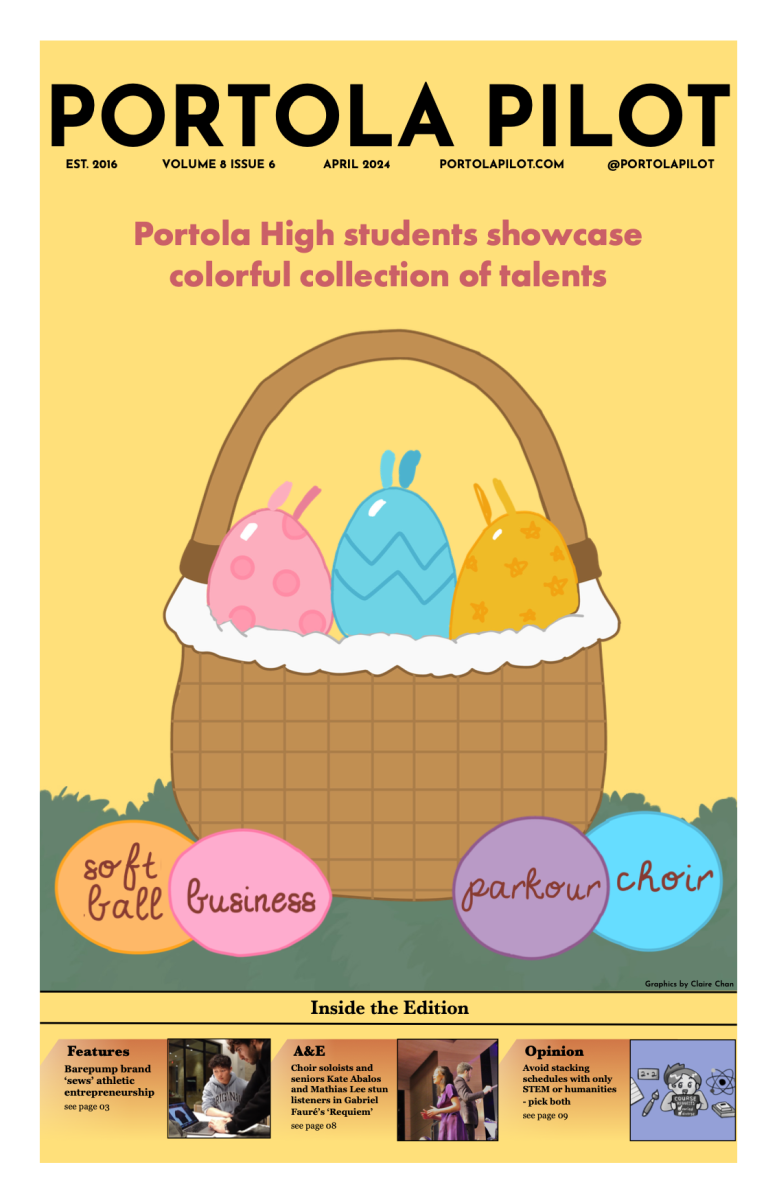

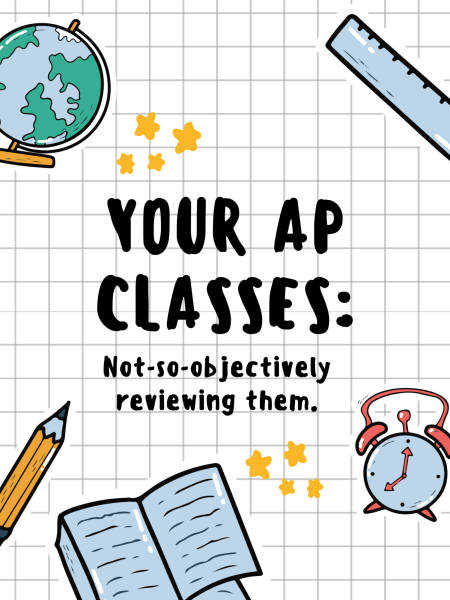

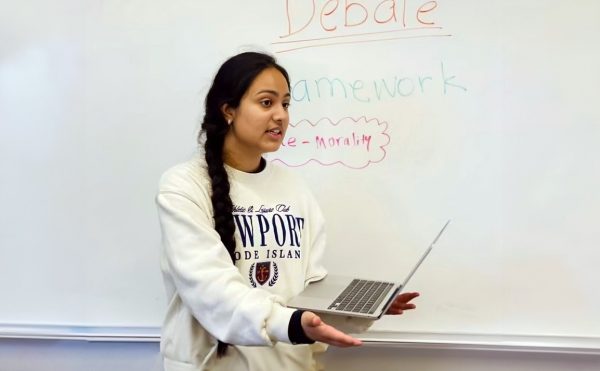
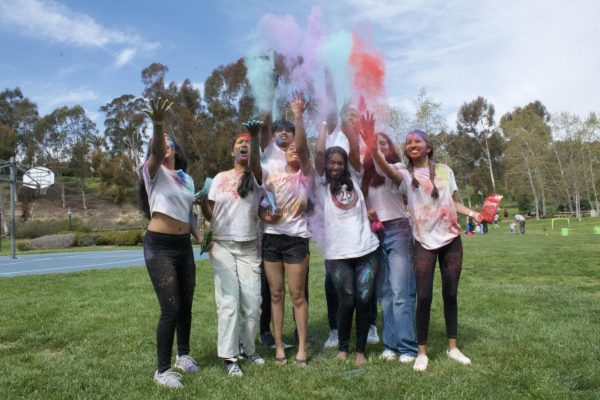
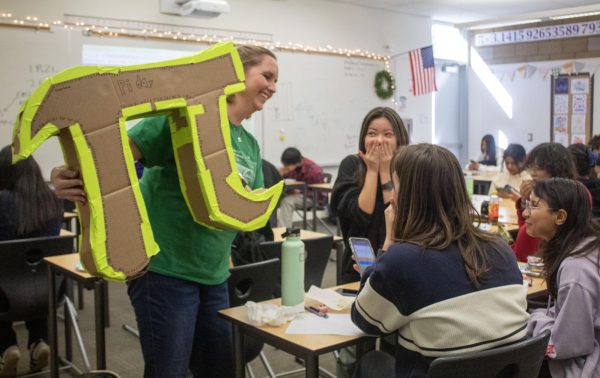

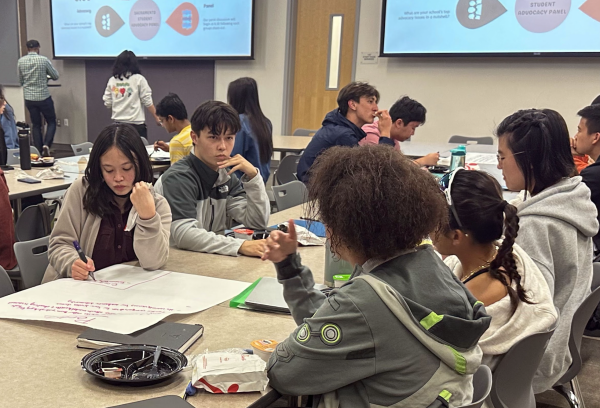
![Junior Joanna Peng utilizes a MacBook and iPad after school to work on assignments. One of Peng’s most used products is her iPad due to its versatility. Peng uses it as a computer using a magic keyboard and also uses it to draw and make calls. “Ive bought iPads since the first generation when it came out, [I’ve bought the] minis, and then I crashed [the iPad 3] under my table,” Peng said. “Its something that I continue to buy and continue to use most often in my life.”](https://portolapilot.com/wp-content/uploads/2024/02/IMG_5259-600x450.jpeg)

